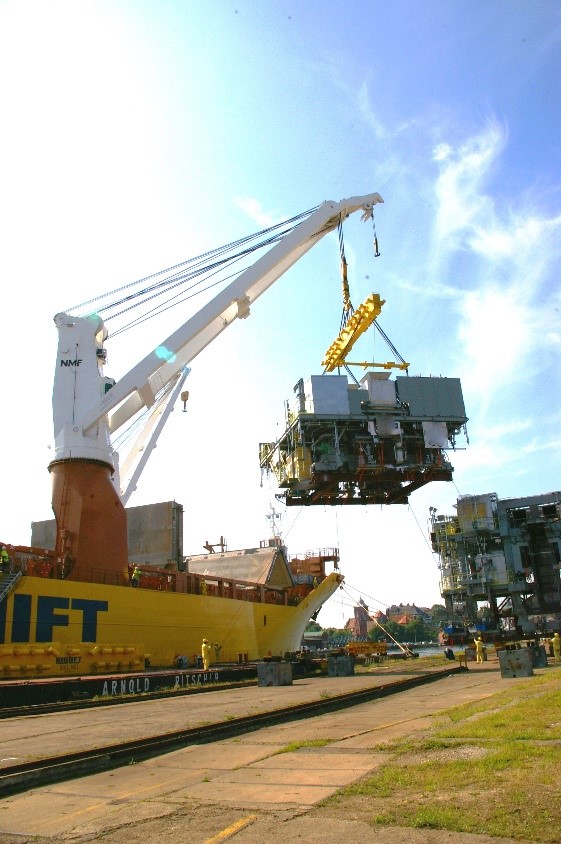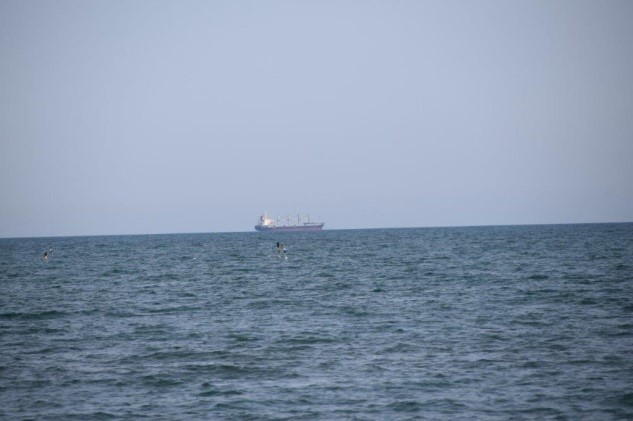According to the case law of German courts, damage to transported goods is to be assumed if damage could have occurred as a result of an event, even if it is not externally recognizable.

The interests of both sides are clear: no consignor wants to guarantee that goods that have not been transported as planned are actually undamaged. The carrier on the other hand does not want to pay compensation if the goods are not noticeably damaged. Typical examples are tilted sensitive machines, moisture damage and temperature deviations in pharmaceuticals or foodstuffs.
German case law considers a well-founded suspicion of damage to be damage to transported goods.
In a fundamental, very comprehensible decision, the Federal Court of Justice (BGH) has clarified for German law and the application of international conventions in Germany that indemnifiable damages can also be assumed to exist without any established substance damage solely on the basis of a well-founded suspicion of damage to the object. In this case, the owner must have the object examined for such damage in order to remove the suspicion of damage or to be able to repair the object. The inspection costs shall also be reimbursed if the inspection leads to the conclusion that there is no damage. If the probable examination costs exceed the value of the object, the BGH is of the opinion that an economic total loss of the object is to be assumed even without an established substance violation, cf. BGH, TranspR 2002, 440.
The Regional Court of Hamburg has consistently taken up this thread and decided that the expiration of the factory guarantee of a transformer due to a considerable impact leads to a total loss of the transformer. This is the case even if the transformer should retain its physical functionality without impairment despite the impact, see Landgericht Hamburg, RdTW 2019, 143 ff.
Robert N. Kuss, LL.M. oec.

 The carrier’s liability for losses caused in its custody is limited. The lower the weight and the higher the value of the goods, the greater is the gap between the consignor’s damage and the compensation the carrier has to pay. Only in the case of willful misconduct or reckless fault, the limitations of liability do not apply. It is therefore not surprising that questions of such qualified fault and thus of unlimited liability are of great importance for shippers and carriers.
The carrier’s liability for losses caused in its custody is limited. The lower the weight and the higher the value of the goods, the greater is the gap between the consignor’s damage and the compensation the carrier has to pay. Only in the case of willful misconduct or reckless fault, the limitations of liability do not apply. It is therefore not surprising that questions of such qualified fault and thus of unlimited liability are of great importance for shippers and carriers. In practice, it happens again and again that ocean carriers forget or fail to inform the consignee of the arrival of containers at the port of destination and that, after the agreed demurrage free time has expired, the cargo is handed over only concurrently against payment of demurrage. Carriers justify the charging of demurrage with bill of lading terms and conditions expressly excluding the obligation to provide information on the arrival of the cargo at the port of destination.
In practice, it happens again and again that ocean carriers forget or fail to inform the consignee of the arrival of containers at the port of destination and that, after the agreed demurrage free time has expired, the cargo is handed over only concurrently against payment of demurrage. Carriers justify the charging of demurrage with bill of lading terms and conditions expressly excluding the obligation to provide information on the arrival of the cargo at the port of destination.